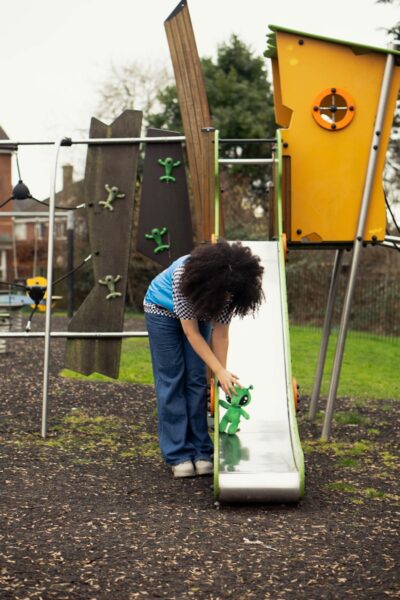As parents, we want our children to recognize the difference between someone who only pretends to protect and someone who truly creates safety. In
As parents, we want our children to recognize the difference between someone who only pretends to protect and someone who truly creates safety. In today’s world, where unhealthy behaviors are sometimes glorified as “strength,” young people need clarity.
Real protection isn’t about control, intimidation, or domination. True protectors create conditions where others—especially women, children, and/or people vulnerable due to disabilities—feel safe, respected, and free to grow.
Here are ten qualities parents can share with young people as they navigate friendships and dating:
1. Real protectors are consistent.
They are not kind in public but cruel in private. A healthy partner doesn’t change with the audience. Consistency builds trust, and trust is the foundation of real safety.
2. Real protectors respect boundaries.
They know that “no” is a complete sentence. They don’t disguise control as “caring” or pressure someone to do things “for their own good.” Respect for boundaries is one of the deepest forms of love.
3. Real protectors use strength to shield, not to scare.
True strength is not measured by how much fear someone can inspire, but by how much peace they can bring. A safe partner makes you feel steady, not nervous.
4. Real protectors take accountability.
When they hurt someone, they own it. They don’t twist the story, minimize harm, or point the blame elsewhere. Accountability shows that another person’s wellbeing matters more than their pride.
5. Real protectors lift others up.
Instead of holding others back in the name of “safety,” they encourage growth and celebrate accomplishments. Healthy partners want to see you shine.
6. Real protectors see compassion as courage.
The world often teaches that empathy is weakness. But real protectors know it takes courage to be gentle. They practice kindness even when it would be easier to dominate.
7. Real protectors are teachable.
They don’t claim to have all the answers. When a partner points out a hurtful behavior, they listen and adjust. Humility is a key to safety in any relationship.
8. Real protectors create peace, not fear.
A safe partner doesn’t leave you on edge. Instead, their presence makes you feel calm, valued, and free to be yourself.
9. Real protectors defend the vulnerable, not just themselves.
They are willing to stand up when someone else is being mistreated—even when it costs them something. Their protection is about justice, not ego.
10. Real protectors are guided by love.
Love is not jealousy, control, or possession. Real love protects, nurtures, and safeguards dignity. A genuine protector is motivated by love that refuses to harm.
Final Word for Parents
As you guide young people in dating and relationships, remind them: safety never comes from cruelty. A person who belittles, controls, or intimidates is not protecting them. Real protection is steady, humble, accountable, and rooted in love.
The more clearly we teach this truth, the better equipped our children will be to choose safe, respectful relationships—and to walk away from those who only pretend.
